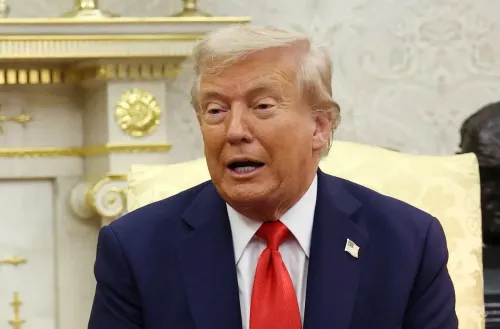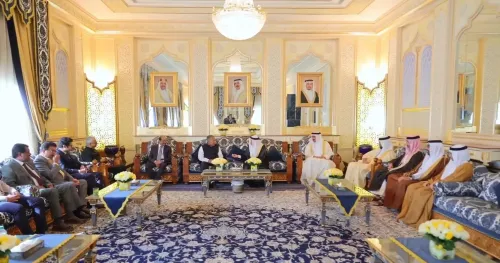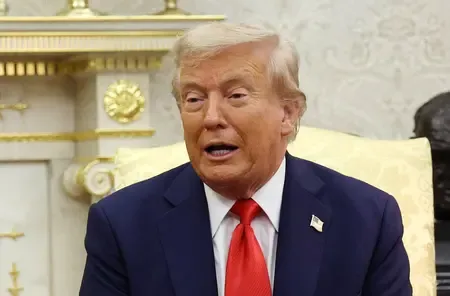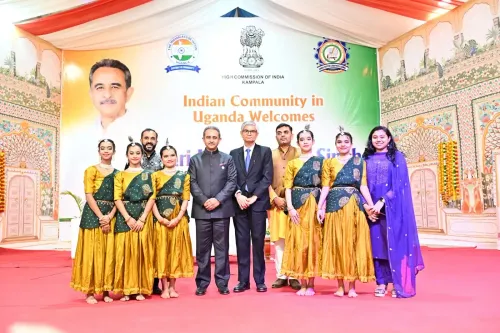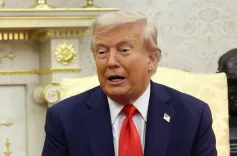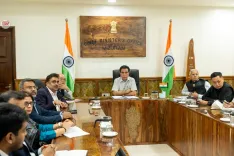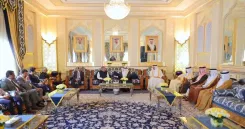Why Is Imran Khan's PTI Choosing to Boycott National Assembly Sessions?
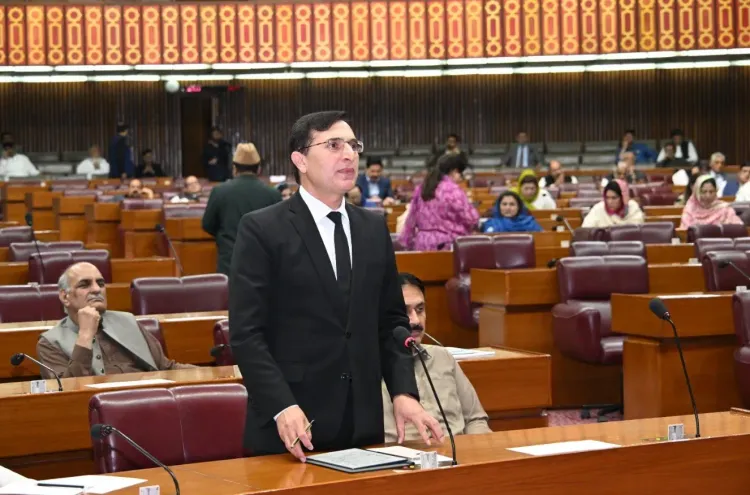
Synopsis
Key Takeaways
- PTI's boycott signifies ongoing political tensions.
- Accusations of unfair treatment against party lawmakers.
- Impact on upcoming elections and political strategies.
- Call for democratic dialogue amidst protests.
- Significant resignations from National Assembly committees.
Islamabad, September 2 (NationPress) The Chairman of Pakistan Tehreek-e-Insaf (PTI), Barrister Gohar Ali Khan, has declared that the party will boycott sessions of the National Assembly (NA) in protest against the unjust treatment faced by party lawmakers, as reported by local media on Tuesday.
During a press conference with PTI officials in Islamabad, Khan stated, "From this point forward, we will abstain from attending NA sittings. Our response will be to protest and boycott." He added that a meeting of PTI's parliamentary group at Khyber Pakhtunkhwa House was convened to discuss directives from PTI founder Imran Khan and received unanimous support, as noted by Pakistan's prominent daily, 'The Express Tribune'.
Khan accused the authorities of dismissing PTI lawmakers, removing them from their positions, and muffling their voices. He remarked, "Even during Independence Day celebrations, we face restrictions. Despite numerous challenges, we participated in sessions to present our demands democratically, but our voices are stifled."
In August, PTI lawmakers resigned from parliamentary standing committees following directives from Imran Khan. This decision is part of PTI's political strategy, which also includes plans to boycott the upcoming by-elections scheduled for the coming months.
PTI's Members of the National Assembly, including Ali Asghar, Sajid Khan, Shahid Khattak, Faisal Amin Khan, and Asif Khan, resigned from various National Assembly committees, as reported by Geo News, a leading media outlet in Pakistan. Asghar left the Cabinet, Privatisation, and Planning committees, while Faisal Amin Khan stepped down from the Economic Affairs, Food Security, and Parliamentary Task Force committees.
Khattak announced his resignation from all standing committees, and Asif withdrew from the Education, National Heritage, Culture, and Information and Broadcasting committees. Junaid Akbar also resigned as the chairman of the Public Accounts Committee. Sources reveal that the Speaker of Pakistan's National Assembly, Ayaz Sadiq, has received the resignations from Faisal and Ali. Additionally, PTI spokesperson Sheikh Waqas Akram has resigned from all National Assembly standing committees.

